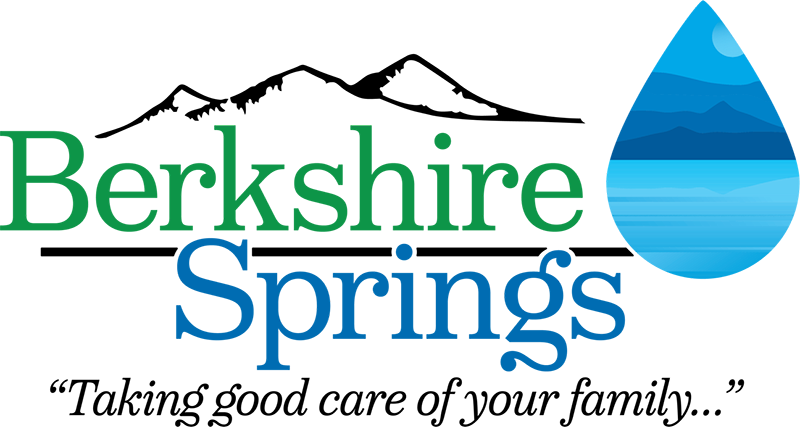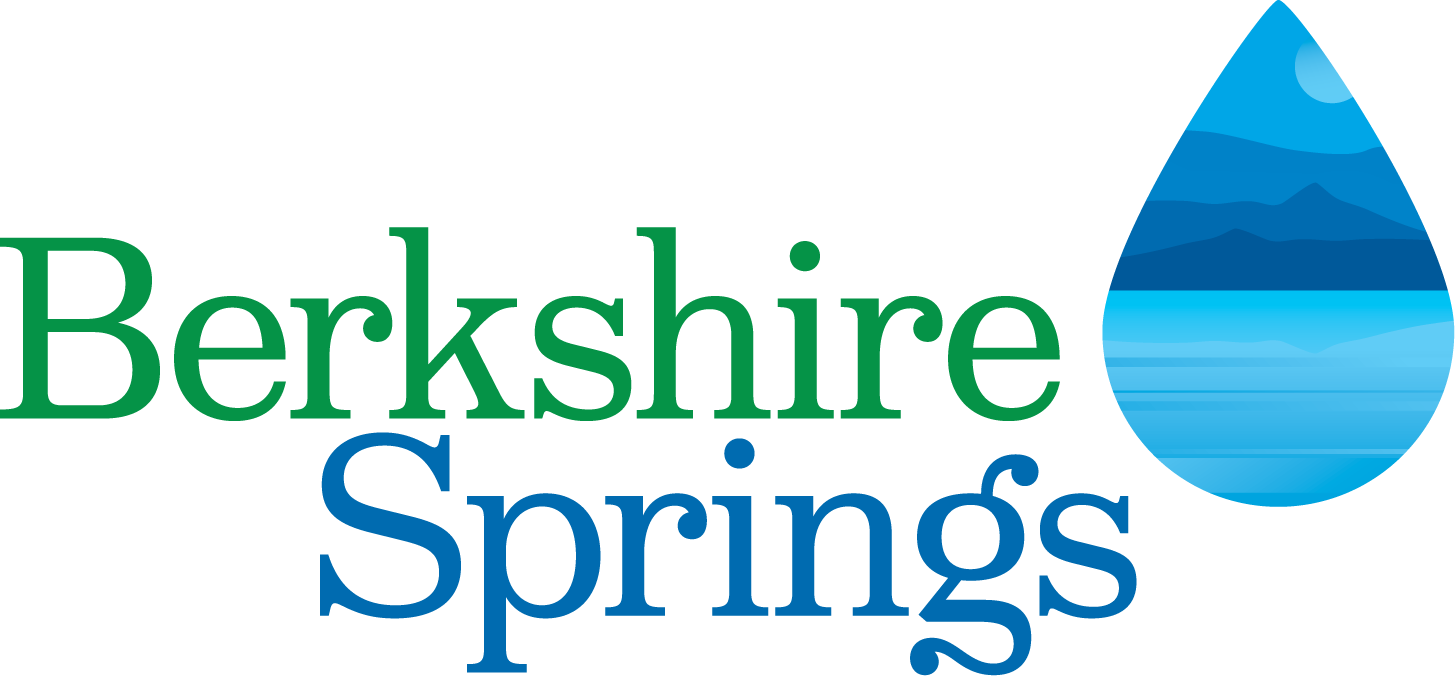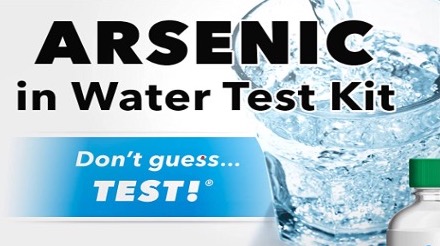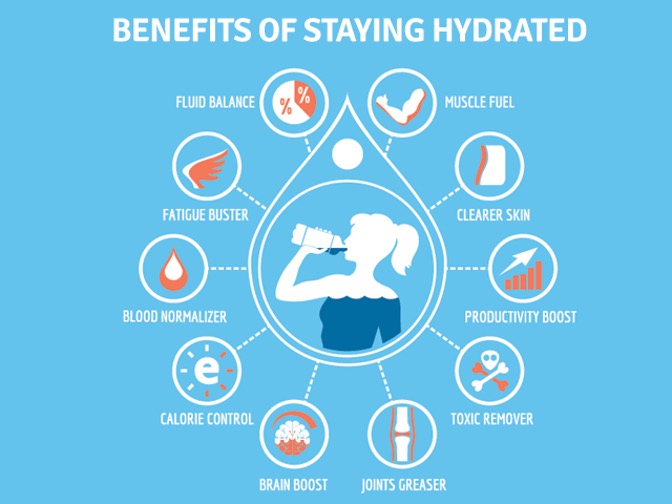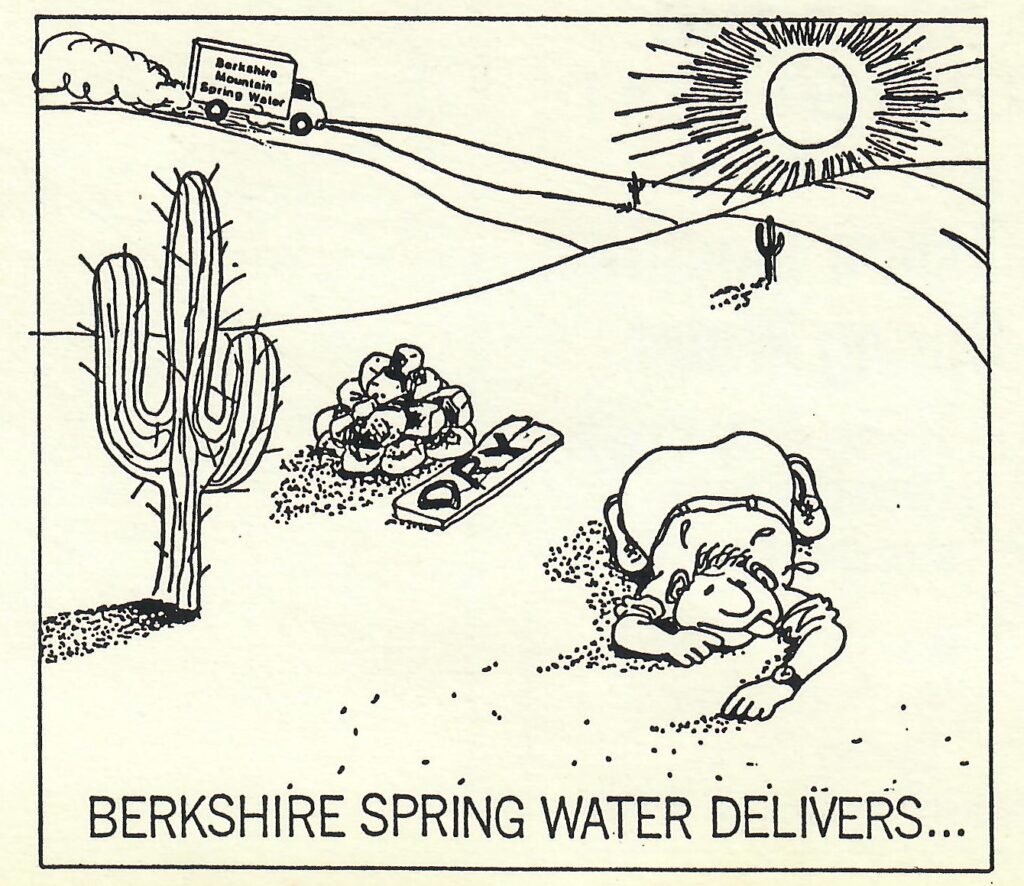Avoiding PFAS Chemicals
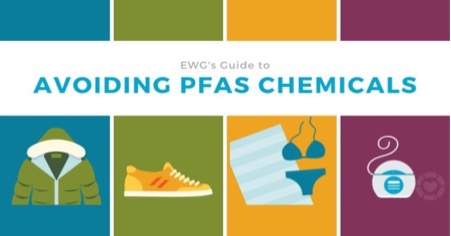
Per- and polyfluoroalkyl substances (PFAS) are a class of man-made chemicals that have been widely used in many industrial and consumer products due to their unique properties, such as resistance to heat, water, and oil. However, the widespread use of PFAS has also resulted in their release into the environment, including water sources, where they can persist for a long time and pose potential risks to human health.
New England is one of the regions in the United States that has been particularly affected by PFAS contamination. According to a report by the Environmental Working Group (EWG), over 70 sites in New England have been identified as contaminated with PFAS, including several public water systems. Exposure to PFAS has been linked to various health effects, such as developmental problems, cancer, and immune system damage, among others.
Spring water can be a good solution for safety in New England because it is typically sourced from underground aquifers and is therefore less likely to be contaminated with PFAS. Additionally, spring water is often naturally filtered through layers of rock and soil, which can help remove some of the contaminants that may be present in the environment.
However, it is important to note that not all spring water is created equal, and some may still contain PFAS or other contaminants. Therefore, it is essential to choose a reputable brand of spring water that has been tested and certified by independent third-party organizations, such as NSF International or the International Bottled Water Association. Berkshire Springs is one such brand.
In addition to choosing a safe source of drinking water, there are other steps that individuals can take to reduce their exposure to PFAS. These include avoiding products that contain PFAS, such as non-stick cookware and waterproof clothing, and filtering their tap water with a certified PFAS removal system.
In conclusion, PFAS contamination is a significant issue in New England, and spring water can be a good solution for safety However, it is important to choose a reputable brand and take additional steps to reduce exposure to PFAS. By working together to address this issue, we can help ensure that everyone in New England has access to safe and healthy drinking water.
